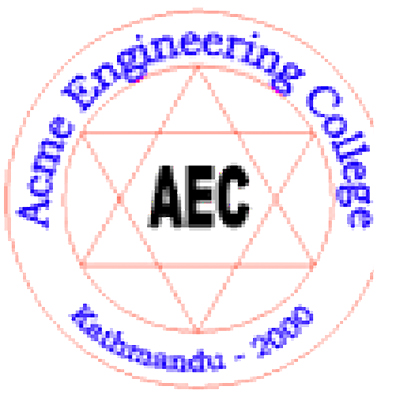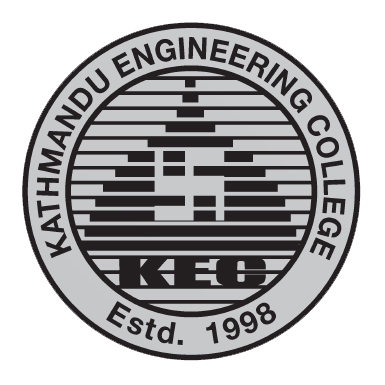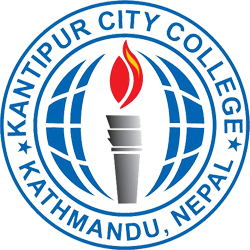Overview
Bachelor of Electrical Engineering at Morgan Engineering and Management College, Kathmandu, Nepal (affiliated with Purbanchal University)
The Bachelor of Electrical Engineering (BE Electrical) program at Morgan Engineering & Management College, affiliated with Purbanchal University (PU), is crafted to provide students with a comprehensive understanding and hands-on experience in the field of electrical engineering. This program covers a broad range of topics, including power systems, electronics, control systems, and telecommunications, preparing students for a successful career in the rapidly evolving electrical engineering sector.
Course Outlines
The BE Electrical curriculum includes a wide array of subjects that are crucial for a deep understanding of electrical engineering:
- Circuit Theory and Analysis
- Electrical Machines and Drive Systems
- Power System Engineering
- Control Systems
- Digital Signal Processing
- Microprocessors and Microcontrollers
- Renewable Energy Systems
- Telecommunications
Duration
This program is structured over 4 years, divided into 8 semesters, and combines rigorous academic coursework with practical laboratory sessions to ensure students gain a balanced and in-depth education.
Objectives
The BE Electrical program aims to:
- Impart a solid foundation in electrical engineering principles and practices.
- Equip students with the skills to design, analyze, and implement electrical systems.
- Foster innovation and research in the field of electrical engineering.
- Prepare students for the global challenges and opportunities in electrical engineering.
Eligibility
Candidates must have successfully completed a minimum of 10+2 or an equivalent examination with a focus on science subjects to be eligible for the BE Electrical program.
Learning Outcomes
Upon completion of the BE Electrical program, graduates will:
- Possess a comprehensive understanding of electrical engineering concepts and applications.
- Be skilled in the use of modern tools and technologies for electrical system design and analysis.
- Demonstrate the ability to work effectively in teams, as well as to communicate ideas clearly and concisely.
- Be prepared to engage in lifelong learning and to adapt to changes in the electrical engineering field.
Scope
The BE Electrical degree opens up a plethora of career opportunities in industries such as power generation and distribution, renewable energy, electronics manufacturing, telecommunications, and many others.
Fees Structure
The college offers a nominal fee structure for the BE Electrical program, with detailed information available upon contacting the administration office.
Career Prospects
Career options for BE Electrical graduates include but are not limited to:
- Electrical Engineer
- Power Systems Engineer
- Control Systems Engineer
- Renewable Energy Engineer
- Telecommunications Engineer
Why Choose this Course
Opting for the BE Electrical program at Morgan College is a strategic decision for those interested in a cutting-edge career that contributes to the development and optimization of electrical systems and technologies. The program's curriculum, designed with a balance of theory and practice, prepares students for the challenges and innovations in the electrical engineering industry.
Scholarship
Morgan College is committed to promoting educational opportunity and offers scholarships to financially disadvantaged, socially backward, and meritorious students. This initiative ensures that talented students from all backgrounds have the chance to pursue their educational and career aspirations in electrical engineering.
The BE Electrical program at Morgan Engineering & Management College stands out for its comprehensive curriculum, practical learning approach, and commitment to fostering the next generation of electrical engineering professionals ready to make a significant impact in the field.
Contact Morgan Engineering and Management College's administrative office for detailed information on the Bachelor of Electrical Engineering course, including fees, scholarships, facilities, counseling, eligibility criteria, etc.




















